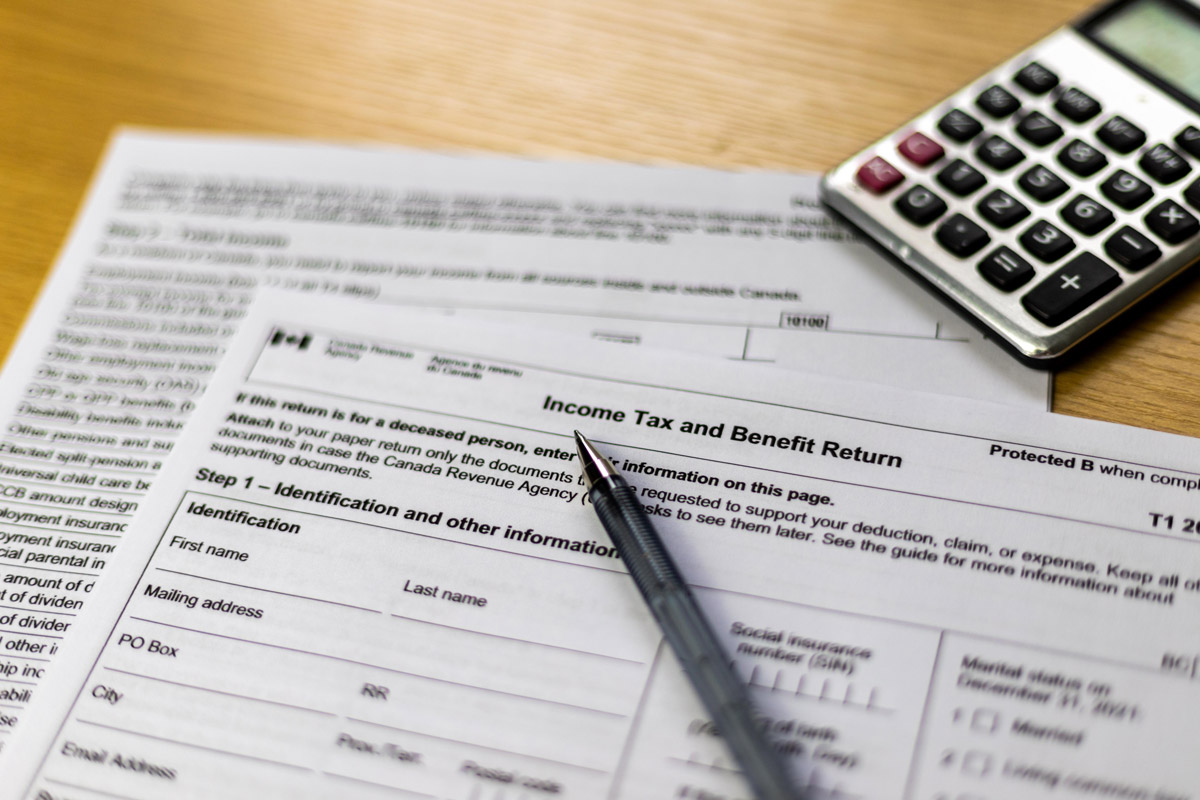Canada is a popular destination for business, investment, and temporary work opportunities. However, taxation laws for non-residents can be complex and often confusing. If you earn income from Canadian sources but are not a resident, you must understand how non resident tax Canada applies to you. This guide will walk you through key aspects of Canada’s tax system for non-residents, helping you stay compliant and avoid unnecessary penalties.
Who Qualifies as a Non-Resident for Tax Purposes?
The Canada Revenue Agency (CRA) defines residency status based on significant residential ties to Canada. Generally, you are considered a non-resident for tax purposes if you:
- Live outside Canada for most of the year
- Have no significant residential ties to Canada (such as a home, spouse, or dependents living in Canada)
- Are not considered a factual resident (someone who temporarily resides outside Canada but maintains strong residential ties)
If you meet any of these criteria, you will likely be taxed as a non-resident on income earned from Canadian sources.
Tax Obligations for Non-Residents in Canada
Non-residents are subject to Canadian tax laws but only on income earned within the country. This includes:
- Employment income earned in Canada
- Business income from Canadian sources
- Rental income from Canadian properties
- Capital gains from disposing of Canadian assets
- Pensions and other retirement income
Different tax rates and withholding rules apply depending on the type of income received.
Withholding Tax for Non-Residents
Canada imposes a withholding tax on certain types of income paid to non-residents. The standard rate is 25%, but this can be reduced based on tax treaties between Canada and other countries. The withholding tax typically applies to:
- Dividends
- Royalties
- Pension payments
- Interest payments (in some cases)
If your home country has a tax treaty with Canada, you may be eligible for a reduced withholding tax rate.
Filing a Tax Return as a Non-Resident
Non-residents may be required to file a Canadian tax return if:
- They earned employment or business income in Canada
- They disposed of taxable Canadian property
- They want to claim a refund for overpaid taxes
The filing deadline for non-resident tax returns is generally April 30 of the following year. However, if you have business income, the deadline is June 15, though any balance owing must still be paid by April 30.
Tax Treaties and Their Impact
Canada has tax treaties with many countries to prevent double taxation and establish rules for taxing income earned in Canada. These treaties help determine which country has the right to tax certain types of income and may reduce withholding tax rates on various payments. Non-residents should check the specific provisions of their country’s tax treaty with Canada to optimize their tax obligations.
Capital Gains Tax for Non-Residents
If you sell taxable Canadian property, such as real estate or shares in a Canadian corporation, you may be subject to capital gains tax. In such cases, a withholding tax of 25% is applied to the gain unless a tax treaty allows for a lower rate. To ensure compliance, sellers must notify the CRA before disposing of the property and obtain a clearance certificate to avoid penalties.
Rental Income Tax for Non-Residents
Non-residents earning rental income from Canadian properties must adhere to specific tax regulations. By default, a 25% withholding tax applies to the gross rental income. However, non-residents can opt to file an elective tax return (Section 216) to report net rental income and potentially reduce their overall tax liability.
FOR MORE INFORMATION CLICK HERE : wedding gifts dubai
Common Tax Deductions for Non-Residents
Non-residents can claim deductions related to their Canadian income, including:
- Business expenses (for self-employed individuals)
- Rental property expenses
- Capital losses on investments
- Moving expenses (if applicable)
Understanding eligible deductions can help reduce taxable income and maximize tax efficiency.
Tax Planning Strategies for Non-Residents
To minimize tax liability and ensure compliance, non-residents should consider the following tax planning strategies:
- Utilize tax treaty benefits to lower withholding tax rates
- File elective tax returns for rental income (Section 216) and pension income (Section 217)
- Maintain proper records of income and expenses
- Consult a tax professional to navigate complex tax obligations
For more details on tax obligations for non-residents, read Understanding Non-Resident Tax in Canada: What You Need to Know.
Conclusion
Navigating non-resident tax in Canada requires a clear understanding of tax obligations, withholding rates, and available deductions. By leveraging tax treaties, filing the right tax returns, and seeking professional guidance, non-residents can optimize their tax situation while remaining compliant with CRA regulations. Whether you are an investor, business owner, or temporary worker, understanding Canadian tax laws will help you manage your financial obligations efficiently.
